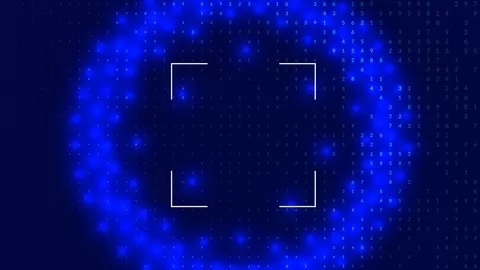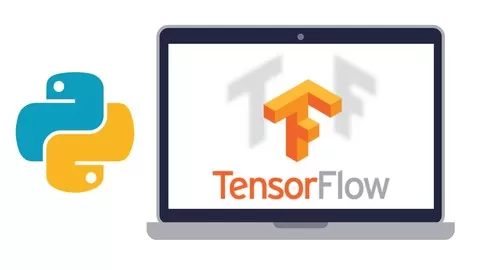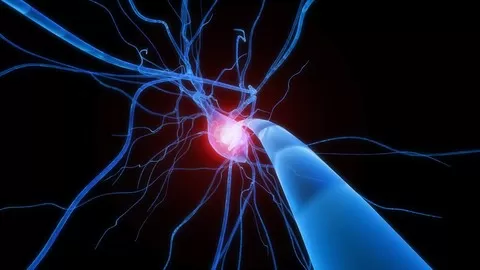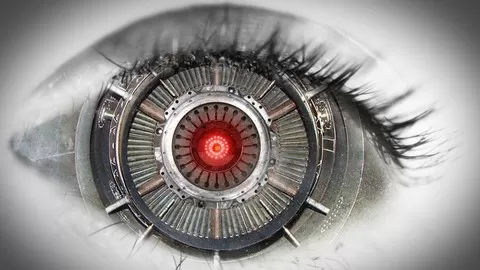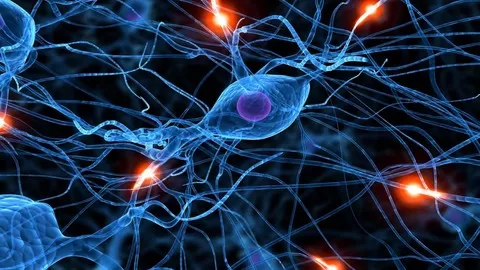Though designing neural networks is a sought-after skill, it is not easy to master. With Keras, you can apply complex machine learning algorithms with minimum code.
Applied Deep Learning with Keras starts by taking you through the basics of machine learning and Python all the way to gaining an in-depth understanding of applying Keras to develop efficient deep learning solutions. To help you grasp the difference between machine and deep learning, the course guides you on how to build a logistic regression model, first with scikit-learn and then with Keras. You will delve into Keras and its many models by creating prediction models for various real-world scenarios, such as disease prediction and customer churning. You’ll gain knowledge on how to evaluate, optimize, and improve your models to achieve maximum information. Next, you’ll learn to evaluate your model by cross-validating it using Keras Wrapper and scikit-learn. Following this, you’ll proceed to understand how to apply L1, L2, and dropout regularization techniques to improve the accuracy of your model. To help maintain accuracy, you’ll get to grips with applying techniques including null accuracy, precision, and AUC-ROC score techniques for fine tuning your model.
By the end of this course, you will have the skills you need to use Keras when building high-level deep neural networks.
About the Author
Ritesh Bhagwat has a master’s degree in applied mathematics with a specialization in computer science. He has over 14 years of experience in data-driven technologies and has led and been a part of complex projects ranging from data warehousing and business intelligence to machine learning and artificial intelligence. He has worked with top-tier global consulting firms as well as large multinational financial institutions. Currently, he works as a data scientist. Besides work, he enjoys playing and watching cricket and loves to travel. He is also deeply interested in Bayesian statistics.
Mahla Abdolahnejad is a Ph.D. candidate in systems and computer engineering with Carleton University, Canada. She also holds a bachelor’s degree and a master’s degree in biomedical engineering, which first exposed her to the field of artificial intelligence and artificial neural networks, in particular. Her Ph.D. research is focused on deep unsupervised learning for computer vision applications. She is particularly interested in exploring the differences between a human’s way of learning from the visual world and a machine’s way of learning from the visual world, and how to push machine learning algorithms toward learning and thinking like humans.
Matthew Moocarme is a director and senior data scientist in Viacom’s Advertising Science team. As a data scientist at Viacom, he designs data-driven solutions to help Viacom gain insights, streamline workflows, and solve complex problems using data science and machine learning.
Matthew lives in New York City and outside of work enjoys combining deep learning with music theory. He is a classically-trained physicist, holding a Ph.D. in Physics from The Graduate Center of CUNY and is an active Artificial Intelligence developer, researcher, practitioner, and educator.

